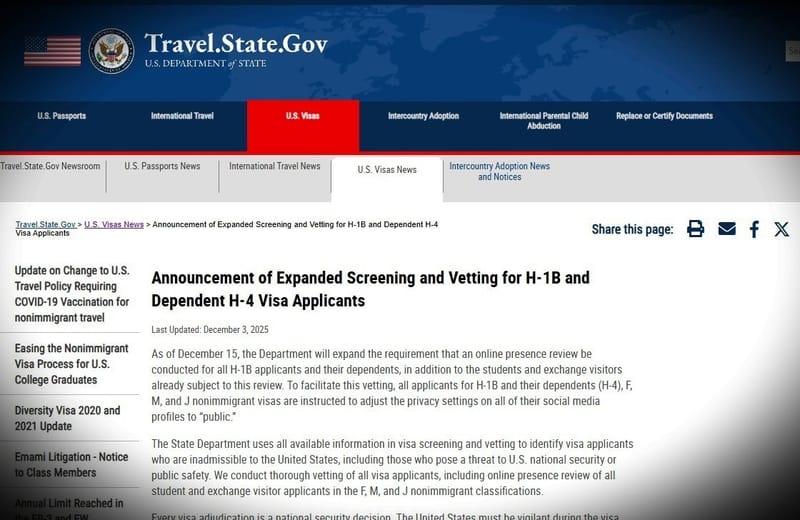Trump's H-1B Visa Fee Hike: TCS & Tech Firms Brace for Economic Impact
The proposed H-1B visa fee increase directly threatens the profitability of major tech firms reliant on skilled foreign talent, signaling potential shifts in their operational strategies.

Subscribe to our newsletter and stay informed about latest H1B news, policy updates and and other developments.
Article Summary
Tata Consultancy Services (TCS) is preparing to address investors following a proposed increase in the H-1B visa fee, a move initiated by Donald Trump. The fee hike to $100,000 is expected to negatively impact TCS's earnings outlook and profits, as the company is a significant user of the H-1B visa for deploying engineers in the U.S. Other IT services firms are also evaluating the financial implications of this policy change.
Original Article: bloomberg.com
[ Sentiment: negative | Tone: factual ]
This summary and analysis were generated by TheNewsPublisher's editorial AI. This content is for informational purposes only; it does not constitute legal or immigration advice.
[ Sentiment: negative | Tone: factual ]
This summary and analysis were generated by TheNewsPublisher's editorial AI. This content is for informational purposes only; it does not constitute legal or immigration advice.
TNP AI: Key Insights
This proposed H-1B visa fee hike represents a substantial increase in operational costs for major tech firms like TCS, directly threatening their profitability and accelerating existing trends towards reducing H-1B dependence. For companies deploying thousands of engineers, this could necessitate significant strategic adjustments, potentially impacting their service delivery models and client relationships in the U.S.
While the article attributes the move to Trump, discussions around H-1B fee increases have been a recurring theme in U.S. immigration policy debates, often linked to funding other immigration initiatives or promoting domestic hiring. Such a significant fee adjustment could prompt more companies to explore alternative visa options or further localize their workforce, signaling a potentially more restrictive H-1B environment ahead for both employers and skilled professionals.




